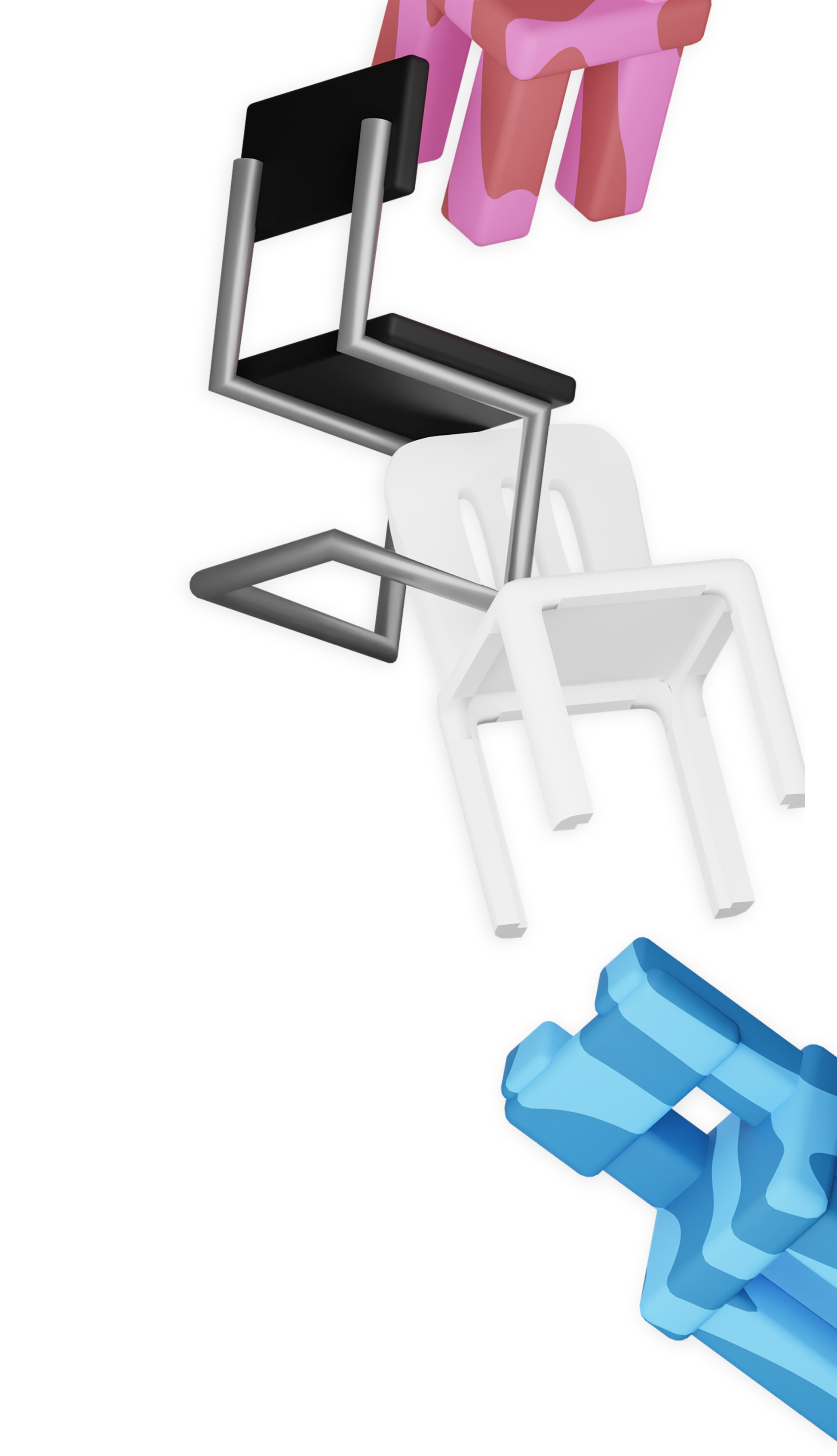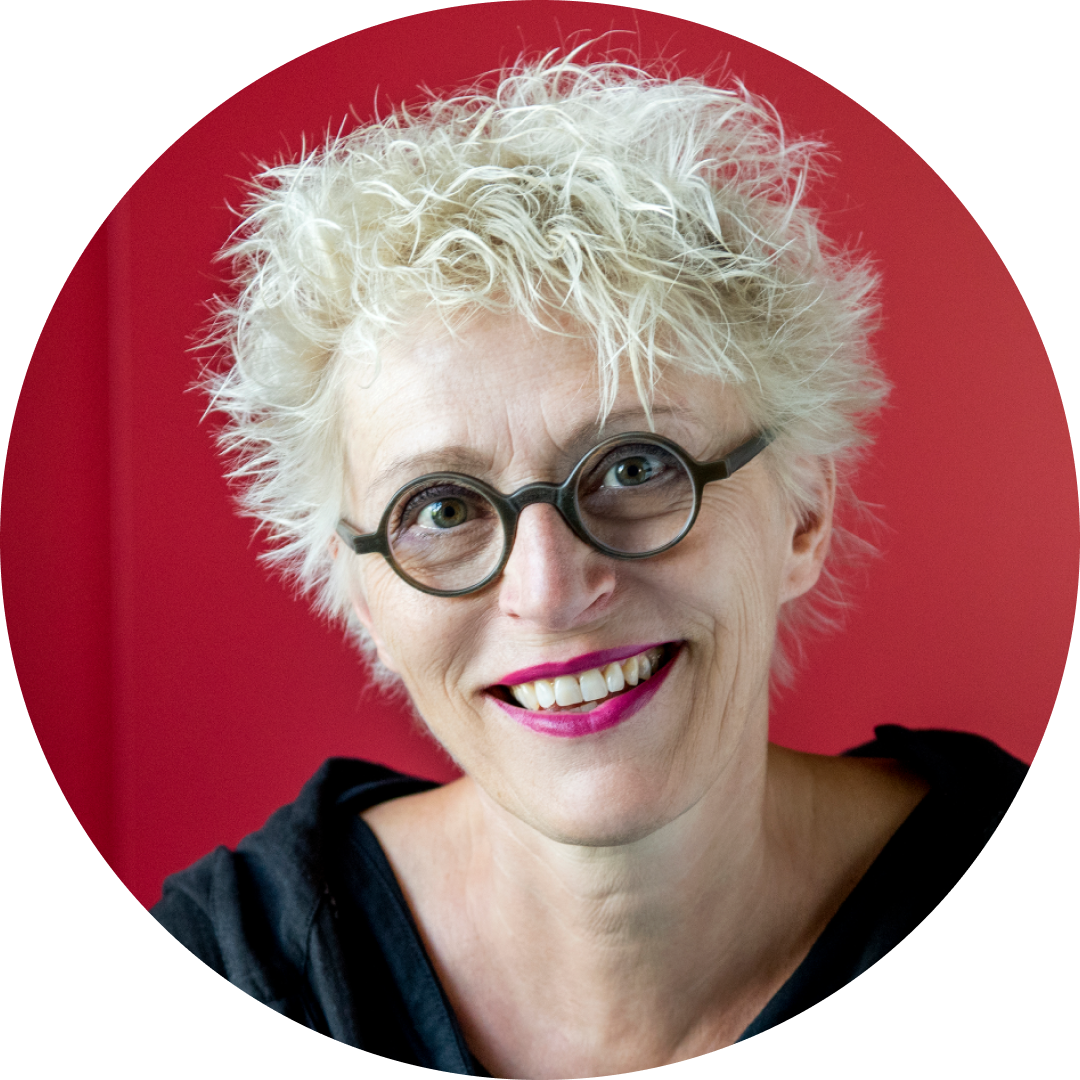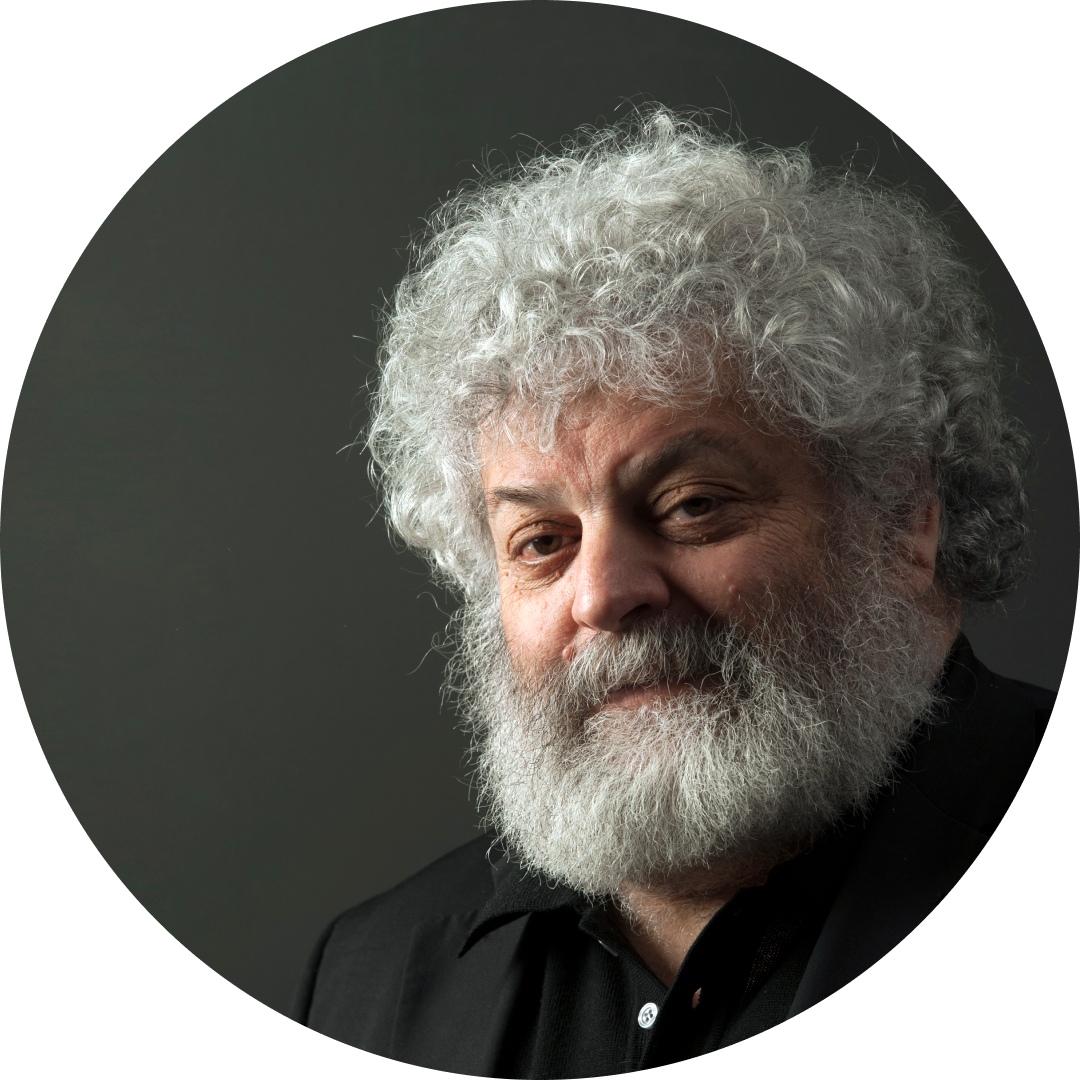Die Reihe Personality in Residence bringt Persönlichkeiten aus Wirtschaft, Kultur, Wissenschaft und Politik an den SQUARE. Sie verbringen mehrere Tage vor Ort, mitten im Unialltag, und treten in den Dialog mit Studierenden, Dozierenden, St.Galler:innen und allen weiteren Interessierten.
Im Zentrum steht der Austausch: Über grosse gesellschaftliche Fragen, persönliche Erfahrungen – und über das, was eine Persönlichkeit ausmacht. Dabei öffnen sich neue Perspektiven, und bislang unbekannte Seiten der Gäste treten zutage. Ein lebendiges Format, das inspiriert, zum Nachdenken anregt und Brücken zwischen Theorie und gelebter Praxis schlägt.
Im Rahmen der Reihe Artist in Residence lädt SQUARE ausgewählte Kunstschaffende ein, ihre Perspektiven zu teilen. Künstler:innen sind dem öffentlichen Diskurs oft voraus. Sie beobachten, hinterfragen und übersetzen gesellschaftliche Entwicklungen in kreative Ausdrucksformen – lange bevor Themen im politischen oder medialen Mainstream ankommen. Gleichzeitig helfen sie uns, aktuelle Ereignisse in einen historischen oder kulturellen Kontext einzuordnen.
In Gesprächen, Interventionen und performativen Formaten eröffnen sie neue Sichtweisen, fordern zum Dialog auf und erweitern unseren Blick auf die Welt. Eine Einladung, sich irritieren, inspirieren und zum Nachdenken anregen zu lassen.


